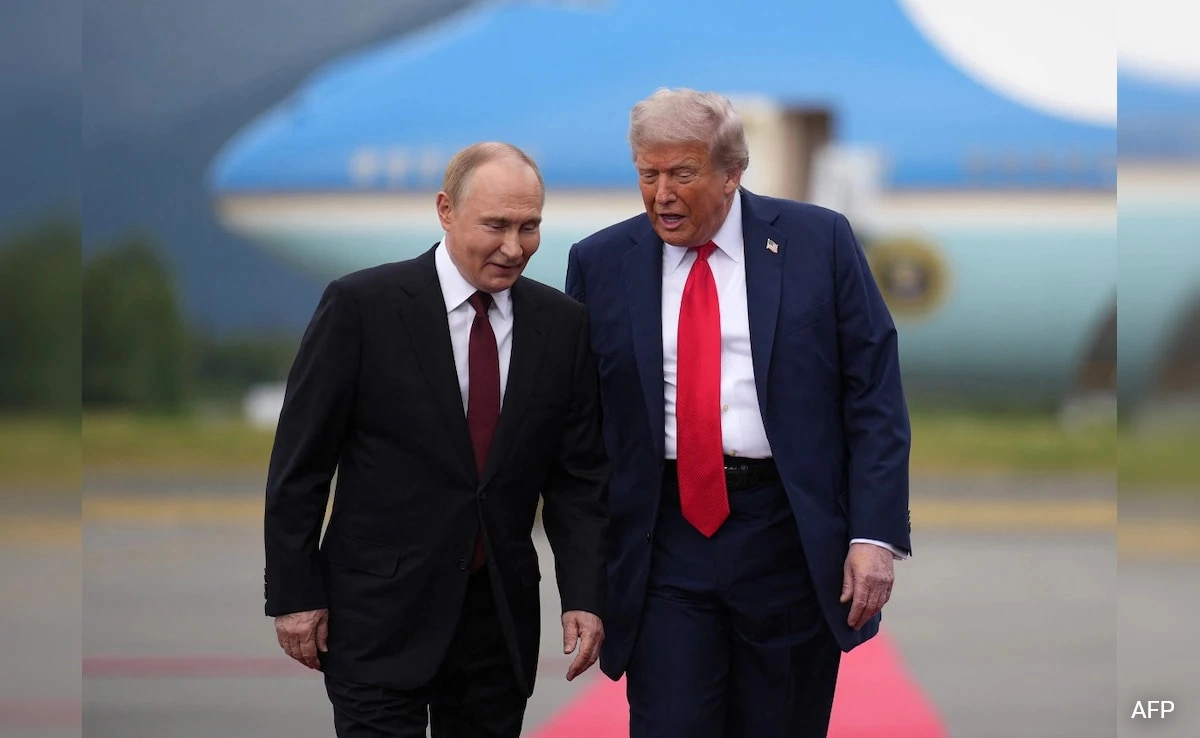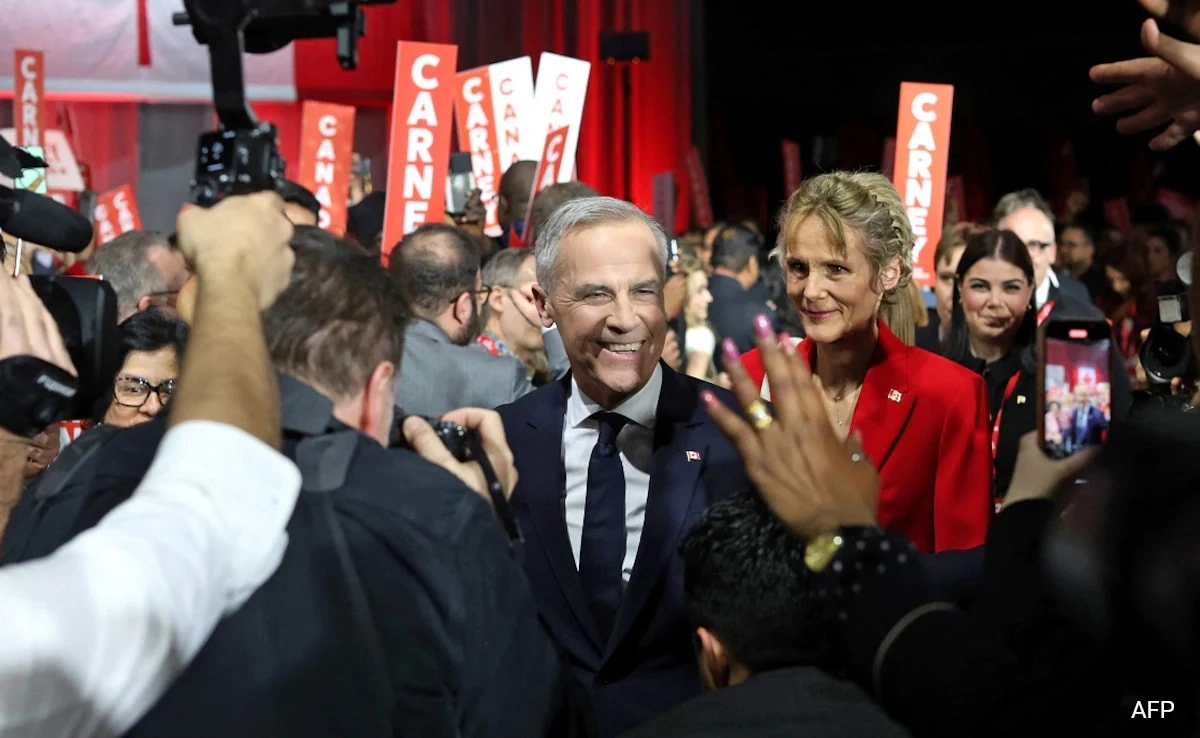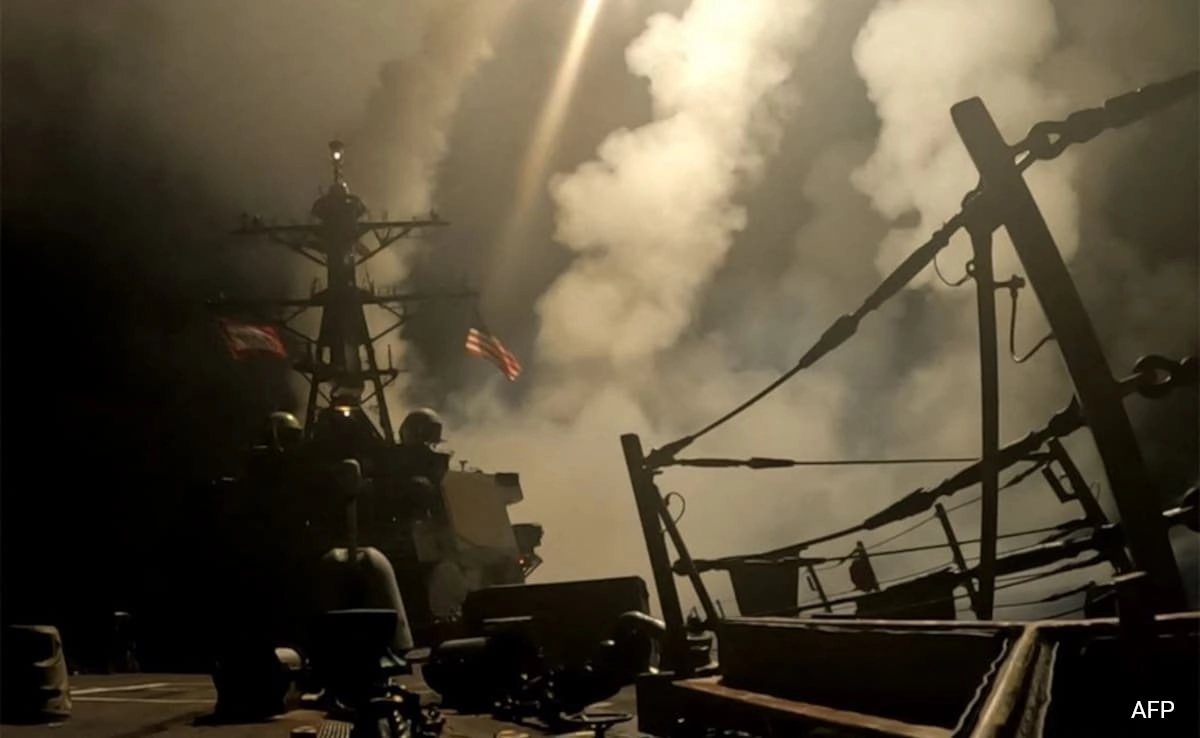In a surprising turn of events that highlights the complexities of international diplomacy and the intricacies of global aviation, Russian President Vladimir Putin reportedly had to pay a staggering Rs 2.2 crore in cash to refuel his jet in Alaska. This incident brings to light not only the logistical challenges faced by world leaders when traveling but also the ramifications of economic sanctions and the geopolitical landscape surrounding Russia. The need for cash transactions in such a context raises questions about the accessibility of financial resources for Russian officials amid ongoing sanctions imposed by Western nations.
The incident unfolded when Putin’s aircraft required refueling during a scheduled stopover in Alaska. Due to the sanctions that have significantly limited Russia’s access to the global financial system, traditional payment methods were unavailable. This compelled Putin’s entourage to resort to cash, a measure that underscores the severity of the economic restrictions placed on Russia. The situation is emblematic of how geopolitical tensions can affect even the most mundane aspects of international travel. The availability of cash, particularly in a foreign country, highlights the challenges that sanctioned individuals face in conducting ordinary transactions.
Moreover, the reliance on cash raises broader implications regarding the operational capabilities of the Russian state and its leaders. It reflects a precarious state of affairs where financial limitations can disrupt even the most critical logistical operations. The incident also serves as a reminder of the lengths to which countries may go to circumvent restrictions and maintain their diplomatic and military engagements. As the world continues to grapple with the consequences of the ongoing conflict in Ukraine and the subsequent sanctions, such occurrences may become increasingly common, illustrating the ongoing impact of international relations on everyday actions.
In this context, the cash payment for refueling in Alaska not only highlights the challenges faced by Putin but also serves as a reminder of the intricate web of global diplomacy. As nations navigate the complexities of sanctions, trade, and international law, the ramifications of these actions ripple throughout various facets of global interaction. The need for cash reflects a significant shift in the operational dynamics of state actors and raises important questions about the future of international relations as economic sanctions continue to evolve.




